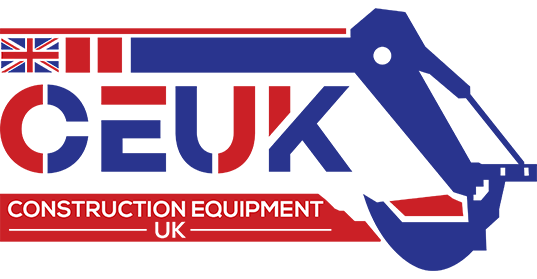Basic Guide To Different Excavator Sizes
While industry experts may claim that there are all sorts of tools and pieces of equipment that go into a construction project, none are as essential or impactful as the humble excavator.

Whether you’ve been running a construction business for a few years or have been in the industry for decades, an excavator will always prove to be one of the most important investments you’ll ever make. Nowadays, in fact, the level of demand surrounding the product in question has reached that point where there are hundreds to thousands of available options nowadays that anyone can choose from.
If you’ve been searching around for a new excavator to invest in for your company’s day-to-day project needs, then you’re probably at that point where you’re marvelling over the array of options that you can choose from. Thanks to the fact that manufacturers themselves have stopped at nothing to improve the experience that customers and construction companies enjoy, it’s easy to see why the abundance of options is greater than ever.
As you continue to sift through the different options that are available on Construction Equipment UK’s website, however, you’ll quickly notice that there are a few things that will be especially confusing. Among the different factors that can be hard to grasp as you form your purchasing decision, however, there’s one aspect that stands out above all else: size.
A Guide to the Different Kinds of Excavator Sizes
One look at today’s excavator market will be enough to shed some light on one key truth: these pieces of equipment have come a long way from being the one-size-fits-all options they used to be.
When you take a look at the various available options and go through them one by one, you’ll quickly notice that there are some serious size differences between all of them. Considering that these discrepancies are more than just for the sake of aesthetics, it’s important to be more mindful of the technicalities and details of various kinds of excavator sizes so that you can make the best purchase possible.
To help ensure that your purchasing decision is as well-informed as can be, here’s a quick rundown of the different kinds of excavator sizes that you’ll come across during your search:
Mini Excavators
These excavators are exactly what they sound like—they’re a marginally smaller version of the standard tool in question that weighs less than seven metric tons.
Alternatively called “compact excavators”, these tools were made as a solution that could be heavily used and relied on when working in tighter job sizes that regular-sized options would otherwise have trouble with. Aside from being aptly sized for projects like trenches, trees, and pipes, the factor that makes mini excavators so special is that they attain a much greater level of precision while possessing little-to-no tail swing!
Standard Excavators
Weighing in at anywhere between 7 and 45 metric tons, standard excavators are seen as the most versatile options in the market because of the wide range of uses and capabilities that they possess.
Oftentimes, standard excavators are a must-have for any construction company because their power and hauling capacities align with the majority of projects. On top of higher power and hauling ratings, however, standard-sized excavators are also beloved by many because they can support a large variety of work tools which allow contractors to easily customize them based on a project’s needs!
Large Excavators
Best suited for heavy-duty jobs, large excavators are notably the heaviest and most specialized options of the bunch because they weigh more than 45 metric tons and are best suited for heavy-duty jobs.
Commonly used for larger-scale applications like commercial construction work, large-scale demolitions, digging foundations, and moving large volumes of materials, these tools bring brute strength when it is needed the most. While they may seem like a rather niche tool that is rarely used, the truth about large excavators is that they’re very much worth the investment. Their strength and size are invaluable for tackling large-scale projects with ease!
Conclusion
Nowadays, purchasing an excavator can easily prove itself to be a rather serious task because of the wide range of factors that need to be considered from start to finish—even more so when you look into the aspect of size. Fortunately, you won’t have to go through a sort of trial-and-error process when purchasing an aptly sized piece of machinery because keeping this guide in mind will help fill you in on everything you’ll need to know!
If you need to buy an excavator that’s guaranteed to be a bang for your buck, look no further because Construction Equipment UK offers the best options for anyone looking to buy used construction equipment in the UK. Get in touch with us today if you’re looking for the most dependable pieces of equipment possible without breaking the bank!

